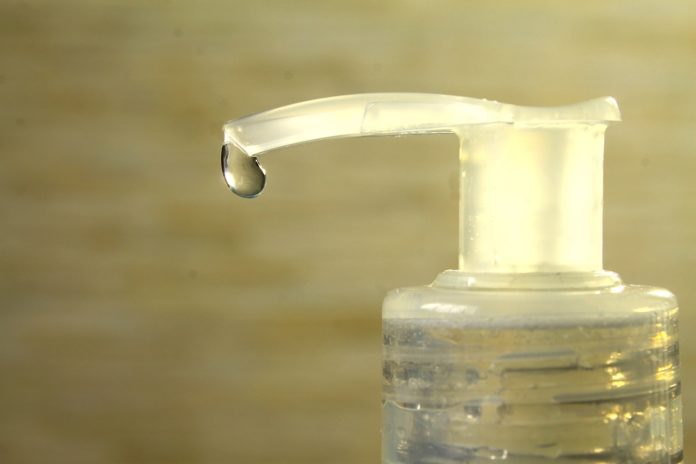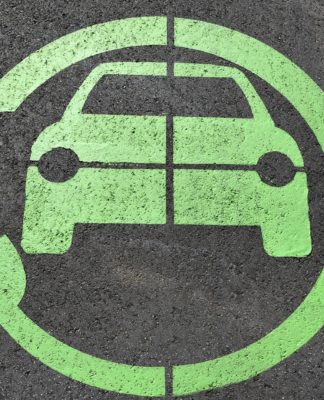
We all have that one friend or family member; you know the one that has antibacterial everything in their home and hand-sanitizer on their desk, kitchen table, night stand, work area… I’ve joked with that friend that he must “know something that I don’t know.”
But, well, does he?
There is one question we must ask all of these products that tell us to wipe out 99.9% of evil bacteria and viruses: Are the viruses and bacteria trying to organize into a microscopic army in order to wipe out the entire human race?
Okay, so that isn’t the real question. But if anyone from Hollywood is reading, there’s a new movie idea for you.
The real question is: Do we really need all this antibacterial stuff?
If you are someone born before, during, or around the 1980’s, you grew up grew up eating raw cookie dough, pizza that sat in the oven overnight, and a hot dog that was dropped in the grass at a Barbecue. We ate dirt as kids, played in the mud, probably had lead paint in our homes, watched Saturday morning cartoons about mutants, and we all knew about that one kid who ate rabbit turds thinking they were chocolate.
(If you don’t know that kid, you probably are that kid.)
And through all of this, we survived our childhood without antibacterial anything. And we would probably continue to survive just fine without it.
This is what the Food and Drug Administration (FDA) has come to realize about antibacterial products: They are not necessary for anyone who is in good health, and does not have any sort of immune deficiency. In this article from their website, the FDA actual states that washing your hands with plain soap and hot water is just as effective as an antibacterial product, with the added benefit of not exposing yourself to unnecessary chemicals.
The issue is the fact that, while these products kill 99.9% of the bacteria and viruses that they come in contact with, they, unlike soap or alcohol based cleaners, leave a residue behind.
(This article in Scientific America discusses that in detail.)
This allows that leftover .01% of bacteria to develop defenses against the chemicals that are meant to kill them. In essence, the bacteria evolves and then goes on to produce more bacteria with this resistance. This resistance can lead to what is called cross-resistance, which can lead to this bacteria developing a resistance to antibiotics.
(And then we’re all screwed.)
Now, if the idea of super bugs bent on world domination doesn’t scare you, antibacterial products also have an impact on our environment. The main chemical used currently in antibacterial products is the chemical Triclosan. Although chemicals are removed from our water through treatment plants, Triclosan still ends up in our waterways. Typically, the sludge from waste water is used as fertilizer on fields for crops and livestock feed. Once it rains these chemicals come off the fields and into our water ways, again coming into contact with bacteria and possibly creating resistance. Triclosan was found in 60% of the streams and waterways found in the United States, and is considered one of the top water contaminants.
It is important to note that not all bacteria is bad for us. As I mentioned, many of us were eating dirt when we were kids. This gets us into contact with all sorts of bacteria and can actually help kids build up a stronger immune system. There is also bacteria in our stomachs that helps us to digest our foods and even on our skin that helps keep “bad” bacteria in check.
There are a few things to keep in mind about antibacterial products: The first is the fact that they don’t actually do a better job then plain soap and detergents with warm water. The second is that the only people that really “need” to use them are those that have some sort of medical reason to do so.
Next time you are at the grocery store, help prevent the possibility of bacteria taking over the world and reach for a product without the antibacterial label: You might save a few bucks while stopping the development of a future bug outside of the silver screen.
Read next: Healthy breakfasts you won’t want to skip
















